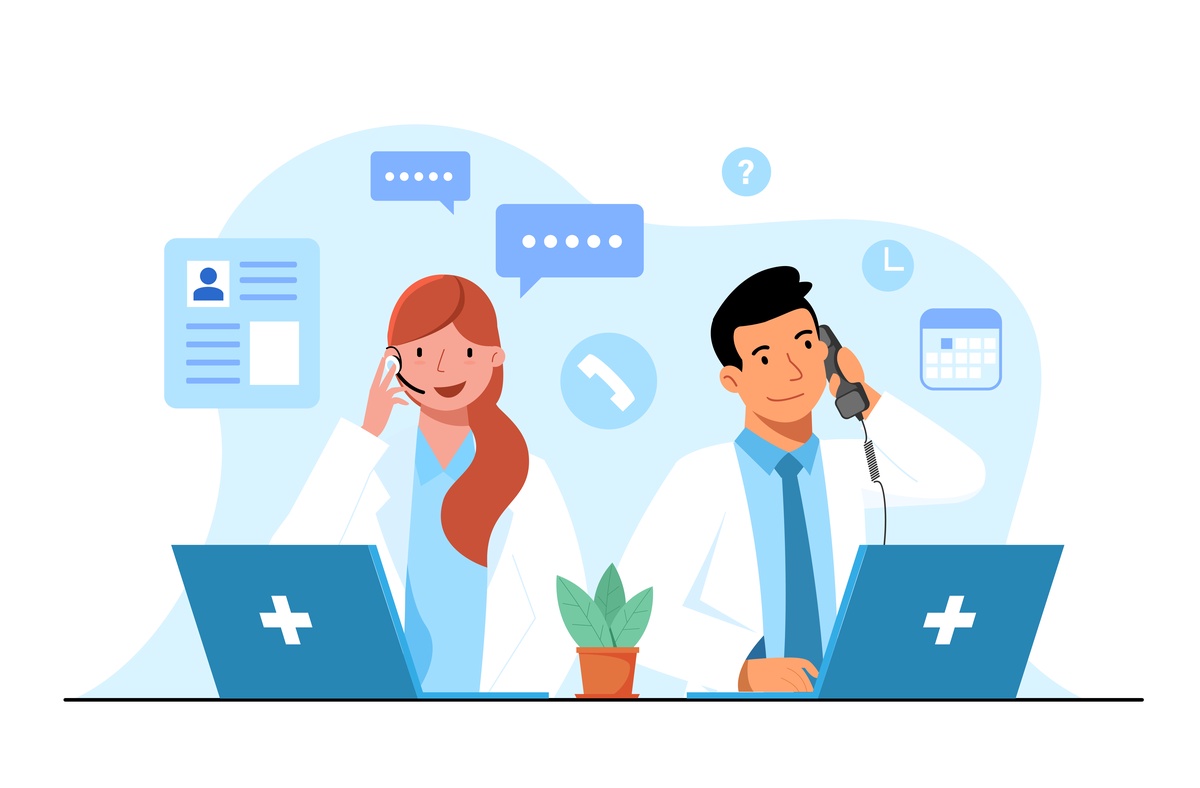EHRs for mental health are becoming increasingly necessary
The importance of mental health care cannot be overstated. As we become more aware of the impact of mental illness on society, the demand for mental health services has increased. Mental health practitioners have faced unique challenges in providing high-quality care for their patients, including managing patient data, billing, and documentation. As a result, the adoption of Electronic Health Records (EHRs) in the mental health industry has become increasingly important.
Electronic Health Records (EHRs) are digital versions of paper medical records that contain the patient's medical history, medications, allergies, lab results, and other important medical information. EHRs have become increasingly popular in the healthcare industry as they have been shown to improve the quality of patient care, reduce medical errors, and lower healthcare costs. In recent years, mental health practitioners have recognized the value of EHRs, and the adoption of EHRs in mental health has grown significantly.
The mental health industry has been slow to adopt EHRs, primarily because of the complex nature of mental health care. Mental health practitioners face unique challenges that other healthcare providers do not. They must manage patient information that is sensitive and confidential, including information about mental health disorders, substance abuse, and other behavioral health issues. Mental health practitioners must also be able to track and document the progress of their patients over time to ensure that they are receiving the care they need.
One of the most significant benefits of EHRs is the ability to improve billing processes for mental health practitioners. Mental health billing can be complicated, as providers must navigate multiple insurance plans, government programs, and billing codes. This is where a mental health billing services comes in. A mental health billing service can help mental health practitioners manage their billing processes more effectively, ensuring that they are paid for the services they provide.
In addition to mental health billing services, medical billing company has also recognized the value of EHRs in the mental health industry. Medical billing companies provide support for healthcare providers by managing their billing and documentation processes. Medical billing companies can help mental health practitioners manage their EHRs and ensure that they are using the most up-to-date technology to manage their patient data.
One of the primary benefits of EHRs is the ability to track and document patient progress over time. Mental health practitioners can use EHRs to monitor their patients' progress and adjust their treatment plans accordingly. This allows mental health practitioners to provide more effective care for their patients, improving patient outcomes.
Another benefit of EHRs is the ability to improve communication between mental health practitioners and their patients. EHRs provide patients with access to their medical information, allowing them to take an active role in their care. Patients can view their lab results, medications, and treatment plans online, which can help them stay informed and engaged in their care. This can lead to better patient outcomes, as patients are more likely to adhere to their treatment plans when they are actively engaged in their care.
EHRs can also improve collaboration between mental health practitioners. Mental health providers can share patient information with other providers, allowing them to work together to provide the best possible care for their patients. This is particularly important in the mental health industry, where patients may need to see multiple providers for their care.
The adoption of EHRs in the mental health industry has not been without its challenges. One of the primary challenges has been ensuring that patient data remains confidential and secure. Mental health practitioners must take steps to ensure that patient data is protected, including implementing secure EHR systems and training staff on the proper use of EHRs.


No comments yet